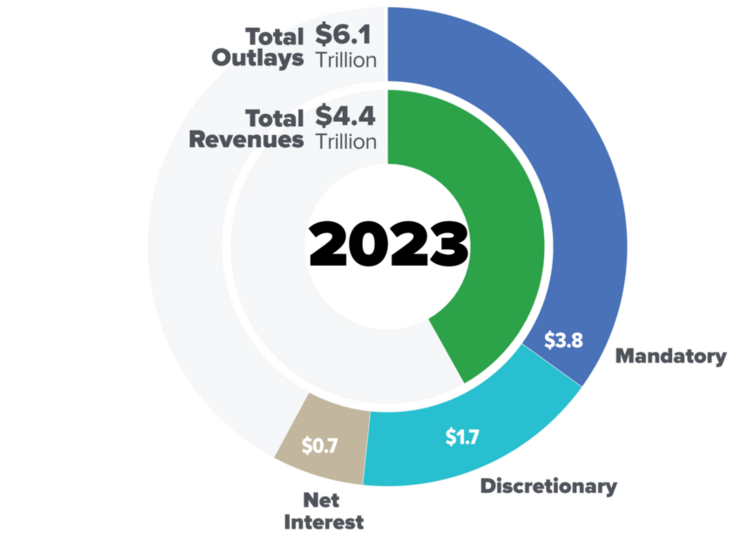Changes in tax credits for EVs with Chinese parts could impact sales and pricing
- Tax credits for EVs with Chinese parts may be going away faster than expected
- Tesla’s Model 3 will lose all of the $7,500 Federal purchase tax credit on Dec. 31
- Changes in tax credits could affect sales and pricing of Tesla and Ford EVs
- Recall of 2 million Tesla vehicles for updates to Autosteering function
- Reduction in tax credits had a bigger impact on Tesla stock price than the recall
- Other automakers’ shares were also affected by the tax-credit news
Tax credits for electric vehicles (EVs) with Chinese parts may be disappearing faster than anticipated, which could have significant implications for Tesla and Ford EV models. Tesla’s Model 3, specifically the rear-wheel drive and long-range versions, will lose the entire $7,500 Federal purchase tax credit on December 31. This is a notable change from previous guidance that suggested buyers could still receive at least half of the tax credit. The updated tax credit qualifications for EVs, implemented by the Internal Revenue Service, take into account factors such as the country of manufacture for the vehicles and batteries. China, being a major player in the EV market, is considered a country of concern by the federal government. Tesla sources batteries from a Chinese company, CATL, which is why the tax credit reduction was expected. In addition to the tax credit changes, Tesla also faced a recall of 2 million vehicles to update the Autosteering function. While the recall had a minor impact on Tesla’s stock price, the reduction in tax credits had a larger effect. Other automakers, such as General Motors and Ford, were also affected by the tax-credit news. It remains to be seen if adjustments can be made quickly enough to preserve the credits, but Tesla’s guidance suggests it is unlikely for 2024. The changing tax-credit language on Tesla’s website was the most significant development in the auto sector on Wednesday.
Factuality Level: 7
Factuality Justification: The article provides information about the potential changes to federal purchase tax credits for electric vehicles, specifically focusing on Tesla models. It mentions the current status of the tax credits, the potential impact on sales and pricing, and the source of the batteries used by Tesla. The article also discusses the recall of Tesla vehicles and its minor impact on the stock price. Overall, the article provides factual information about the subject matter, but it could benefit from more context and analysis.
Noise Level: 3
Noise Justification: The article contains relevant information about the potential impact of changes in federal purchase tax credits for electric vehicles on car stocks, specifically Tesla. It provides details about the tax credit qualifications and how they depend on various factors. The article also mentions the recall of Tesla vehicles and the reaction of investors. However, the article lacks scientific rigor and intellectual honesty as it does not provide evidence or data to support its claims. It also does not offer actionable insights or solutions.
Financial Relevance: Yes
Financial Markets Impacted: Car stocks, specifically Tesla, Ford Motor, General Motors
Presence Of Extreme Event: No
Nature Of Extreme Event: No
Impact Rating Of The Extreme Event: No
Rating Justification: The article discusses the potential impact of changes in federal purchase tax credits for electric vehicles on car stocks, particularly Tesla, Ford Motor, and General Motors. While there is no mention of an extreme event, the changes in tax credits could have significant implications for sales and pricing of electric vehicles, which could in turn affect the financial performance of the companies involved.
Public Companies: Tesla (TSLA), Ford Motor (F), General Motors (GM)
Key People:
Reported publicly:
 www.marketwatch.com
www.marketwatch.com 





